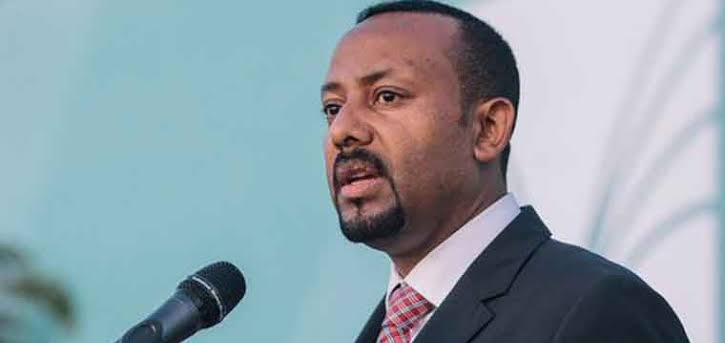By Ebi Kesiena
Abiy Ahmed, Ethiopia’s Prime Minister has vowed on Tuesday to fulfil commitments made in a landmark peace deal with Tigrayan rebels and make the promise a reality, nearly two weeks after the agreement was signed.
The deal inked in South Africa on November 2 called for the disarming of the Tigray People’s Liberation Front (TPLF) and the restoration of aid to Tigray, which has been in the grip of a severe humanitarian crisis since the war broke out two years ago.
Recently, the warring sides agreed to facilitate immediate humanitarian access to “all in need” in Tigray and neighbouring regions in northern Ethiopia, following talks in Kenya’s capital Nairobi to discuss the implementation of the peace deal.
Responding to questions from lawmakers in Ethiopia’s capital Addis Ababa, Abiy said: “We have discussed and signed (the agreement), what is expected from us next is executing the promise we made dutifully.”
“Because of lack of trust and inability to execute what was promised, negotiations flounder,” he warned.
Also, a twitter post by his office later quoted him saying: “We must keep our word by making our promise a reality. We must work hard to avoid problems during the process.”
Observers have pointed to many challenges ahead, including the resumption of aid and the thorny question of Western Tigray, a contested region which has been occupied by pro-Abiy Amhara militias since the war erupted.
The peace deal does not mention the region, raising fears of further conflict down the road. But Abiy said the issue could be resolved through constitutional means, including a possible referendum.
“We did not go to Pretoria to debate whether Wolkait (in Western Tigray) belongs to Amhara or Tigray as it is neither the place nor the time,” he told lawmakers.
The region is claimed by Tigrayans and Amharas.
International pressure for a ceasefire had been mounting since intense fighting reignited in northern Ethiopia in late August after a five-month truce, with pro-government forces capturing a number of key towns in Tigray.
The conflict between the TPLF and pro-Abiy forces which include regional militias and the Eritrean army has caused an untold number of deaths, forced more than two million people from their homes and driven hundreds of thousands to the brink of famine.
Tigray has been suffering from a severe lack of food and medicine, as well as limited access to basic services including electricity, banking and communications.
The war in Africa’s second most populous country began in November 2020 when Abiy sent troops into Tigray, accusing the TPLF of attacking federal army camps.
The TPLF had dominated national politics for nearly three decades until Abiy took office in 2018.




































